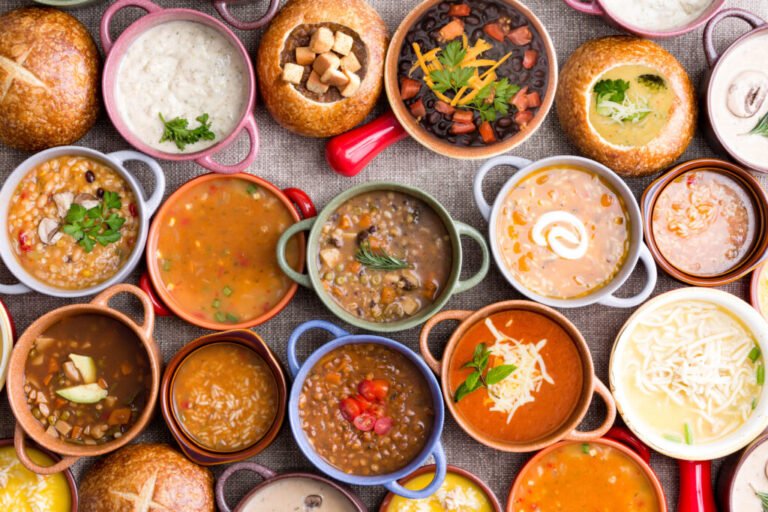When it comes to food trends, the culinary world is always evolving. From tinned fish taking the spotlight to caviar paired with doritos, the blend of highbrow and lowbrow cuisine is becoming a popular trend. However, one trend that stands out for its unique flavors and cultural significance is third culture cuisine.
Third culture cuisine is a reflection of an individual’s upbringing in a diaspora community, blending the culinary traditions of their parents’ culture with the one they were raised in. Unlike traditional fusion food, which often feels forced, third culture cuisine is all about authenticity and creating dishes that resonate with the chef’s personal experiences and heritage.
So, why should you consider starting a third culture cuisine business in 2024? The answer lies in the mouthwatering creations that come out of this culinary fusion. Imagine dishes like kimchi, egg, and cheese-topped croissants or sesame uni ramen carbonara – these are just a few examples of the innovative and delicious recipes that third culture chefs are bringing to the table.
Why is starting a third culture cuisine business a good business idea?
According to recent trends, consumers are increasingly interested in unique and flavorful dining experiences. With the rise of platforms like Instagram and TikTok, visually appealing and innovative dishes have the potential to go viral and attract a loyal following. Cookbooks like “Kung Food” and “Mezcla” have already started to introduce the concept of third culture cuisine to a wider audience, paving the way for new culinary experiences.
The growth of the eating out market also presents a promising opportunity for third culture cuisine businesses. Despite economic challenges, consumers are still prioritizing dining out as a treat, indicating a demand for diverse and exciting food options.
Third culture cuisine growth trends
Research shows that the eating out market is projected to grow in the coming years, with a particular interest in premium dining experiences. This presents an opportunity for third culture cuisine businesses to offer unique and high-quality dishes that cater to discerning customers.
With the right approach and a focus on bold flavors, nostalgia, and innovation, starting a third culture cuisine business can be a rewarding venture in the current market.
What third culture cuisine business idea opportunities are there?
From restaurants and cafes to retail businesses selling third culture-inspired ingredients, there are various avenues to explore in the world of third culture cuisine. Pop-ups, street food markets, and online stores can also be effective ways to test and promote your concept before expanding further.
It’s important to respect the authenticity of the cuisines you draw inspiration from and to create dishes that are true to your own cultural background. Collaboration and creativity are key in developing a successful third culture cuisine business that resonates with customers.
Who else has started a third culture cuisine business recently?
Several third culture cuisine businesses have emerged in recent years, showcasing the diversity and creativity of this culinary movement. From plant-based delis to Filipino bakeries and pan-African fusion restaurants, the possibilities are endless for those passionate about blending cultural flavors.
Businesses like Third Culture Deli, Panadera, and Tatale are just a few examples of the exciting ventures that have embraced third culture cuisine and found success in the food industry.
Small business expert opinion
Nivi Jasa, co-founder of Third Culture Deli, shares insights on the appeal of third culture cuisine:
“London’s diverse culinary scene is a testament to the blending of cultures and flavors from around the world. Third Culture Deli is a reflection of this cultural melting pot, where classic dishes are reimagined under a new lens. Bold flavors and unique combinations are key to standing out in a competitive market and capturing the interest of food enthusiasts.”

